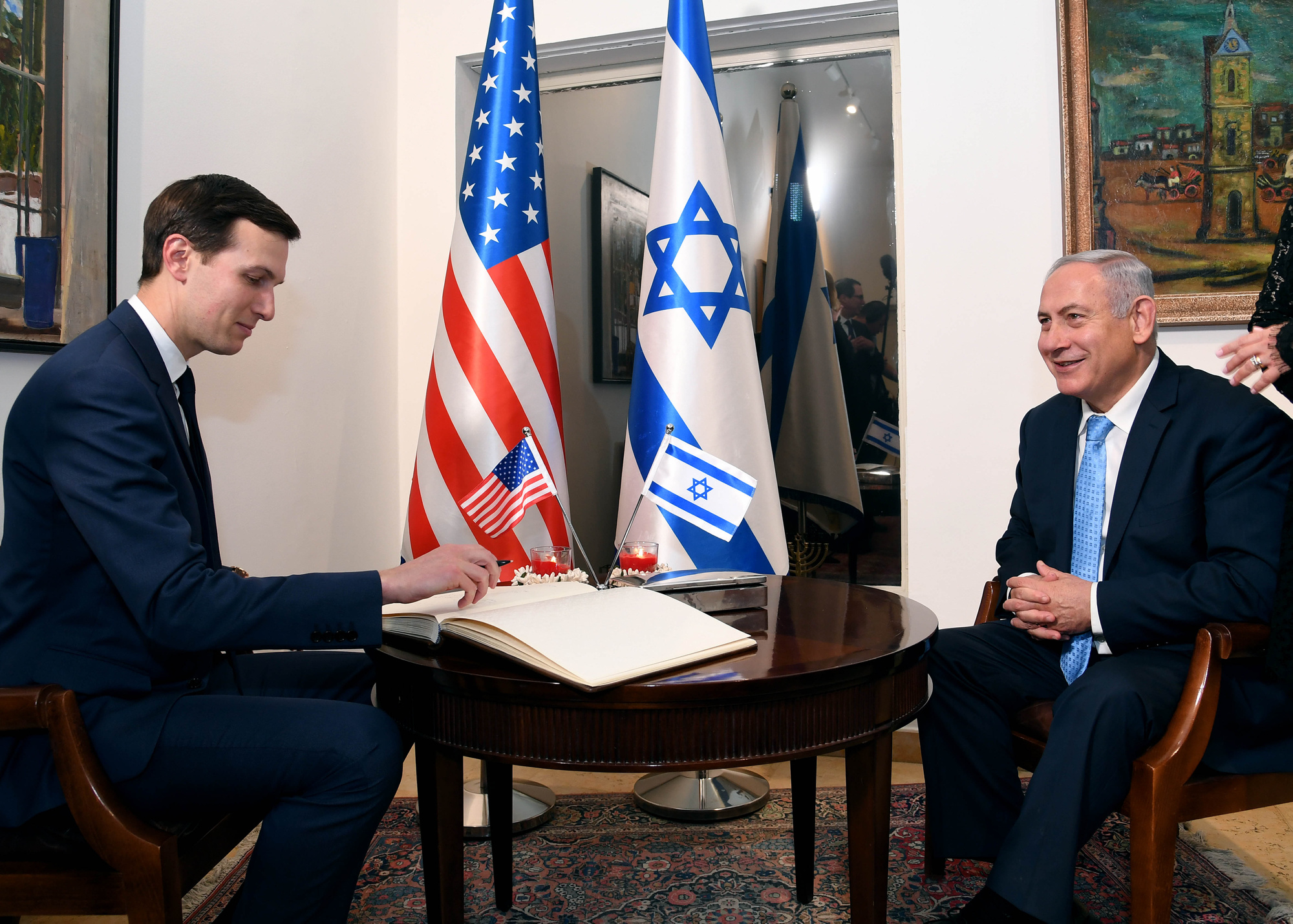- A Palestinian state may no longer be achievable, but unless the Palestinians are actively involved in charting their future, the so-called “Deal of the Century” to be unveiled at the “Bahrain Workshop” is doomed to failure.
- The Trump Administration’s Middle East policy has been significantly weakened by the inability of Israeli Prime Minister Benjamin Netanyahu to form a government, and the Arab, Muslim and Gulf Co-operation Council insistence on a “two-state” solution.
- Any plan for future Palestinian-Israeli rapprochement that is drawn up under the guise of fighting Iran will not work.
- If the US is to recapture its leadership role in the Middle East, it must conceptualise ground-breaking negotiations with Iran and a resolution of the Israeli-Palestinian conflict based on the right of the two peoples to live together in peace, dignity and security.
- That can only be accomplished through international and regional collaboration.
The confluence of the Israeli snap elections, the Arab, Muslim and Gulf Co-operation Council summits in Mecca and the upcoming “Bahrain Workshop”, underscores the amateur nature of President Trump’s Middle East policy. The conundrum in which Washington finds itself illustrates the absence of any comprehensive thinking on the part of the administration towards Iran, the Arab world, and the Palestinian-Israeli conflict. In light of the recent Arab, Muslim and GCC statements on the future of Palestinian-Israeli rapprochement and the need to have such a settlement grounded in the “two-state” and “land for peace” paradigm, whatever “Deal of the Century”, or parts of it, that Jared Kushner plans to reveal at the so-called Bahrain Workshop at the end of June will be dead on arrival. Arab, Muslim, and Palestinian leaders have already signalled their disapproval of the American approach, stating that economic support is welcome but statehood rights cannot be overlooked.
Read the article by Dr Emile Nakhleh, FDI Senior Visiting Fellow on Future Directions International.

